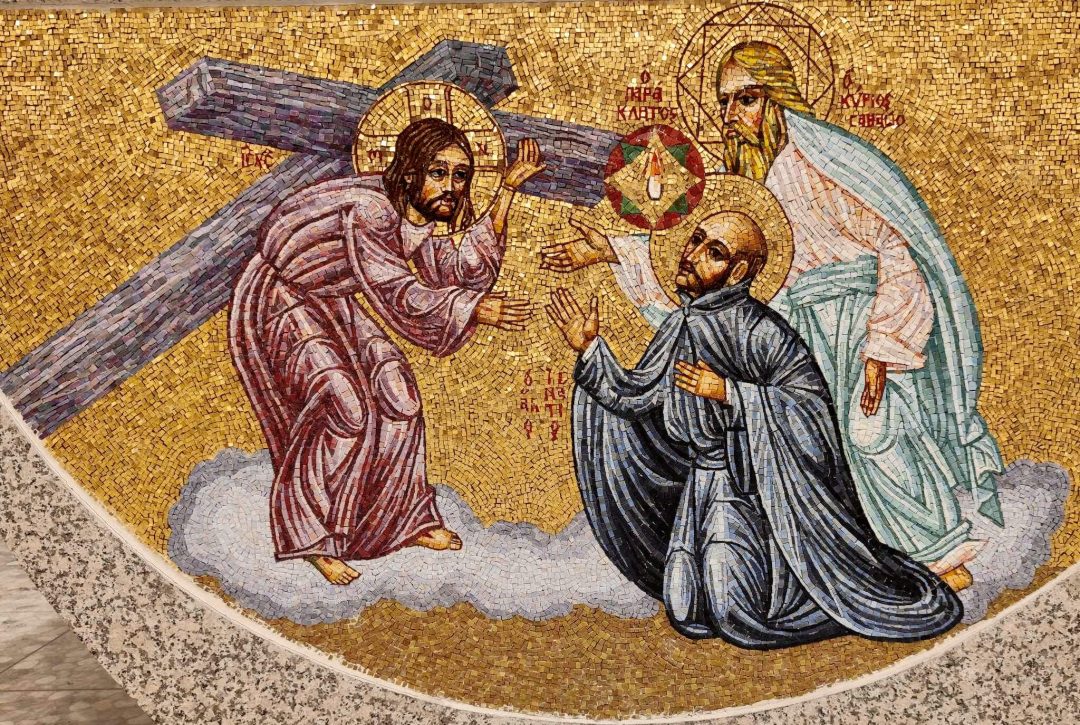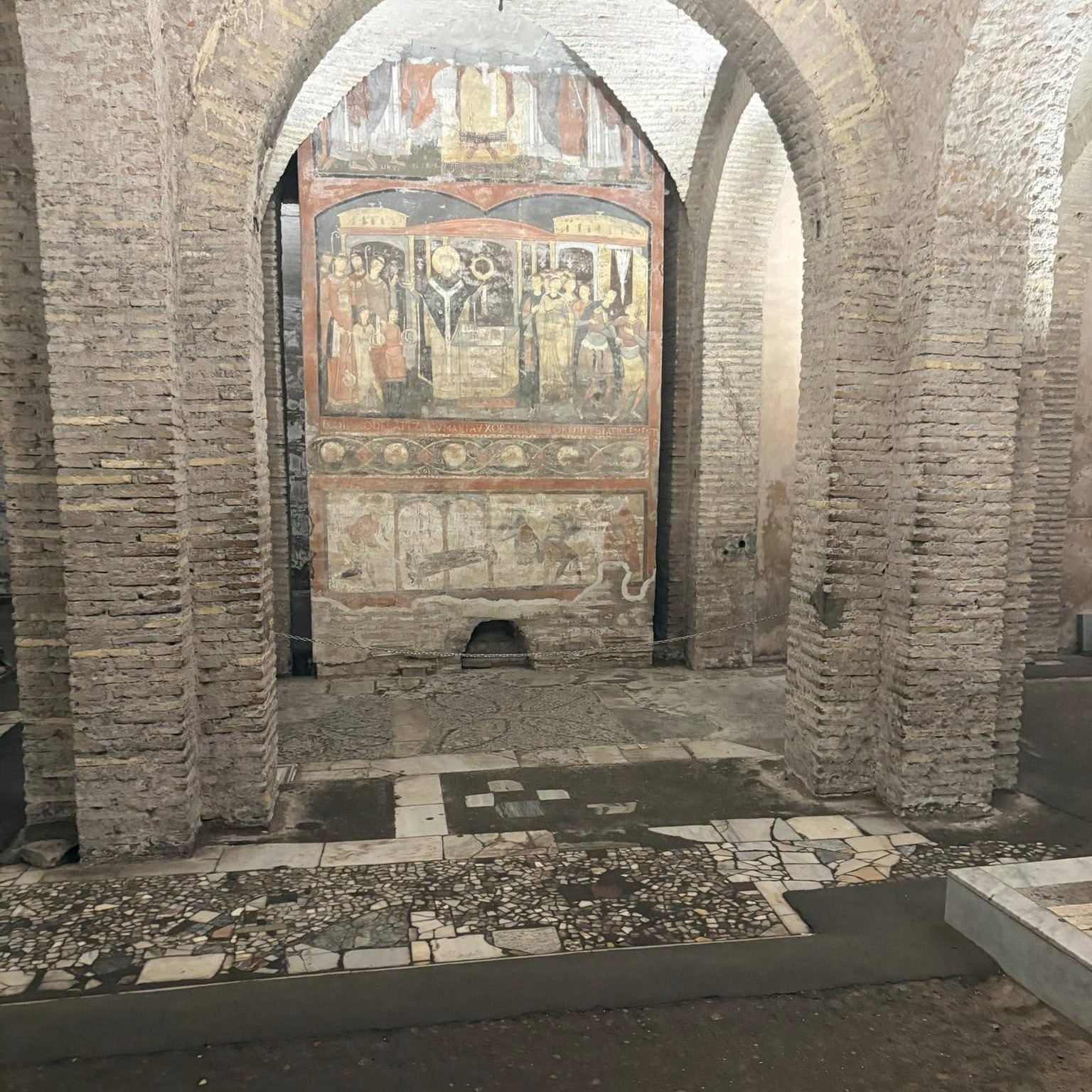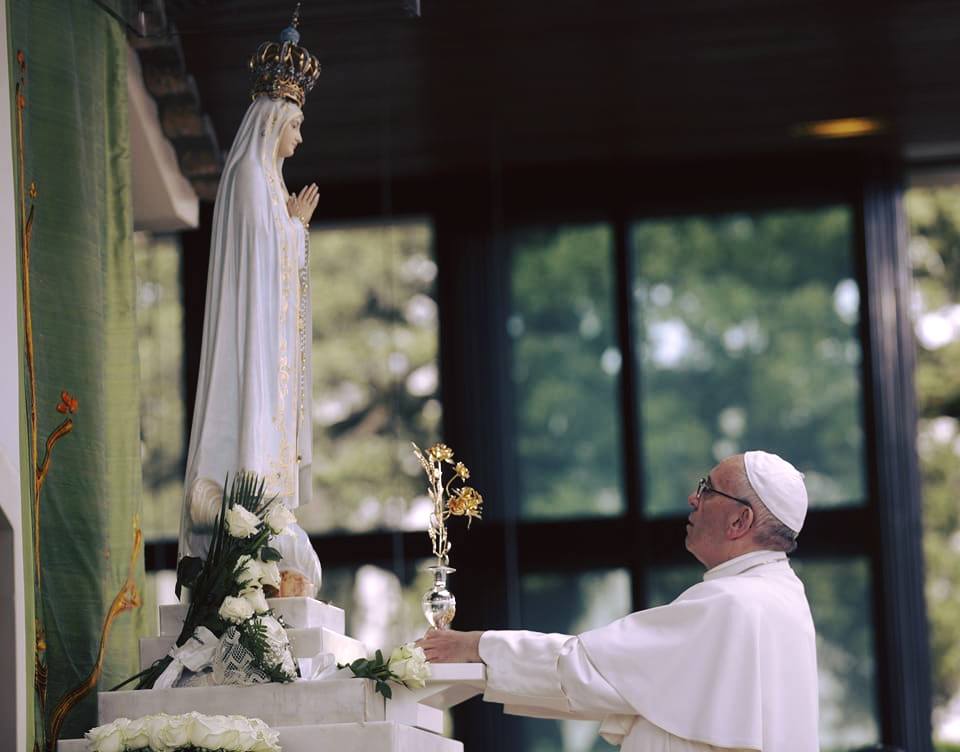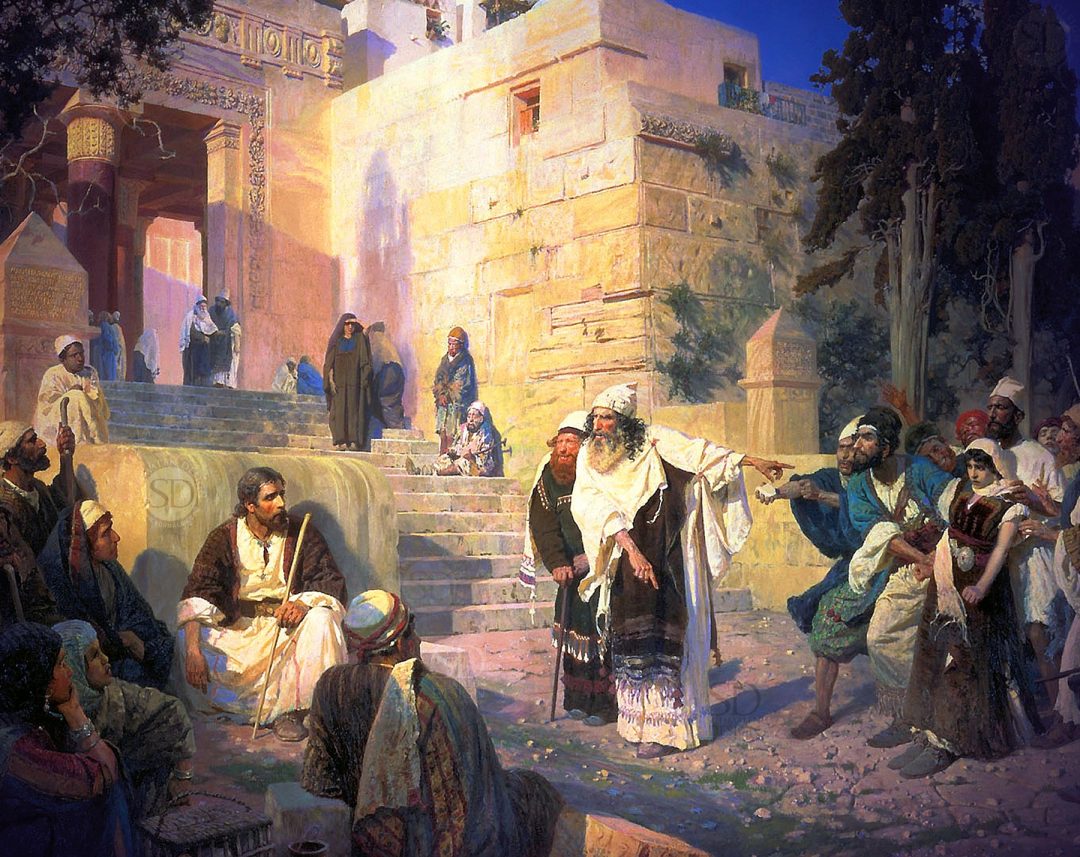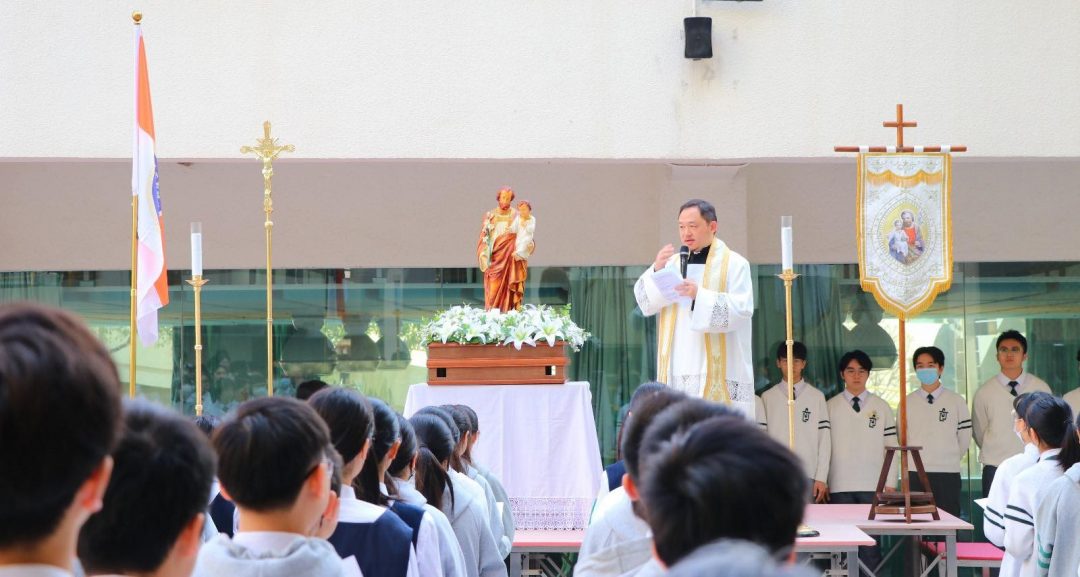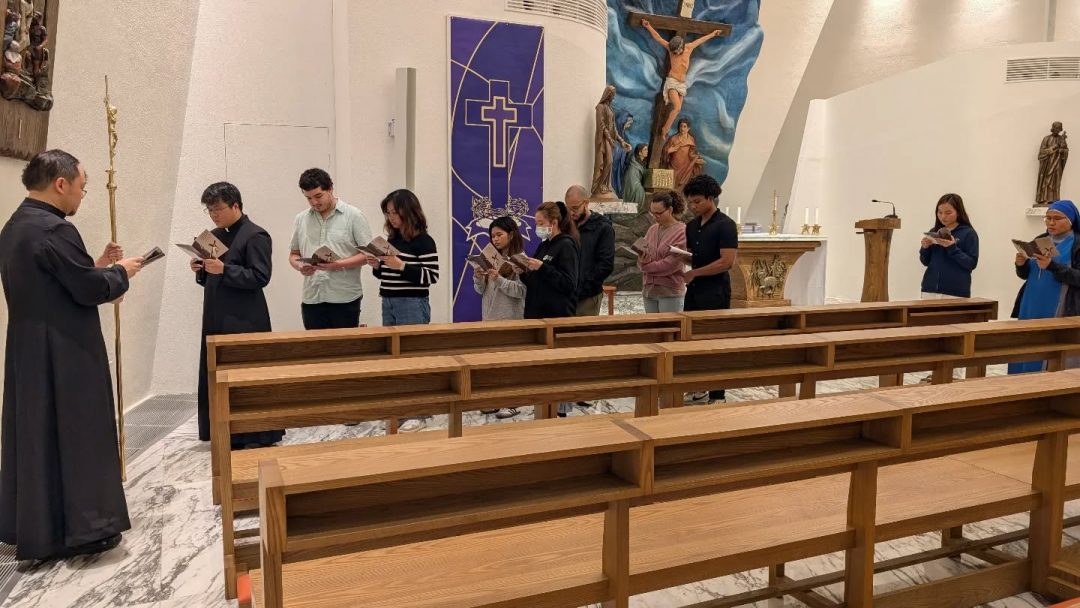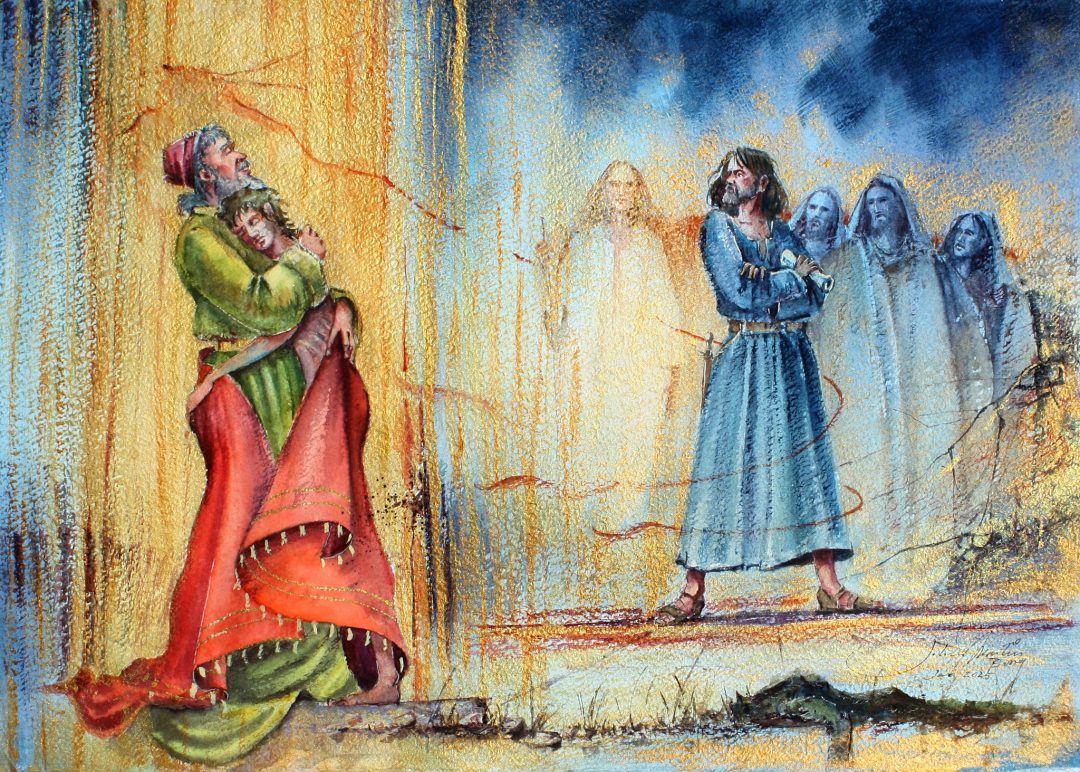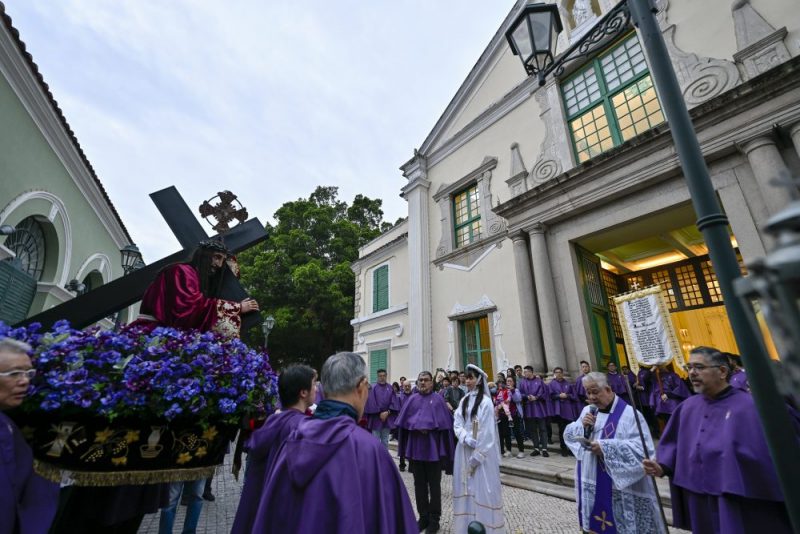Hello Fr L.,
We all generally prefer to see ourselves as smart, generous, kind, patient, and forgiving people most of the time. But the truth is that we aren’t. Life isn’t ideal. We aren’t perfect. We simply cannot be nice and ‘good’ 100% of the time. If we’re honest with ourselves, we actually have some pretty scary and embarrassing flaws that we prefer to avoid at all costs.

